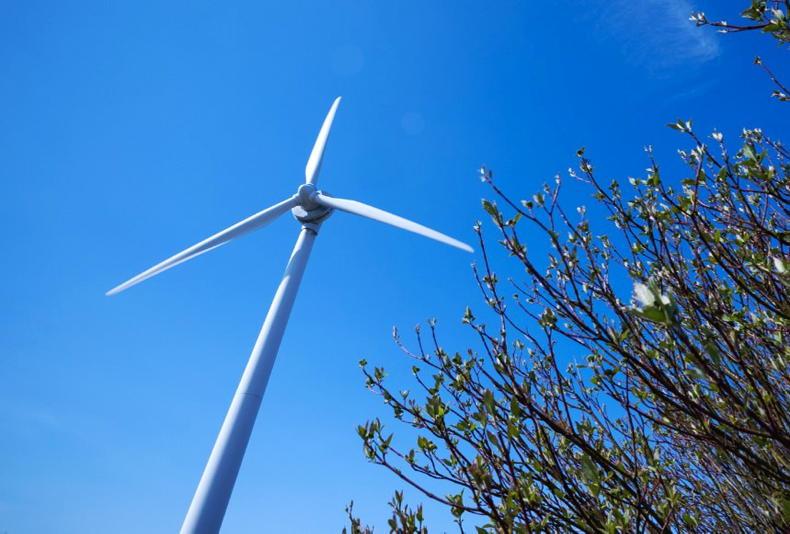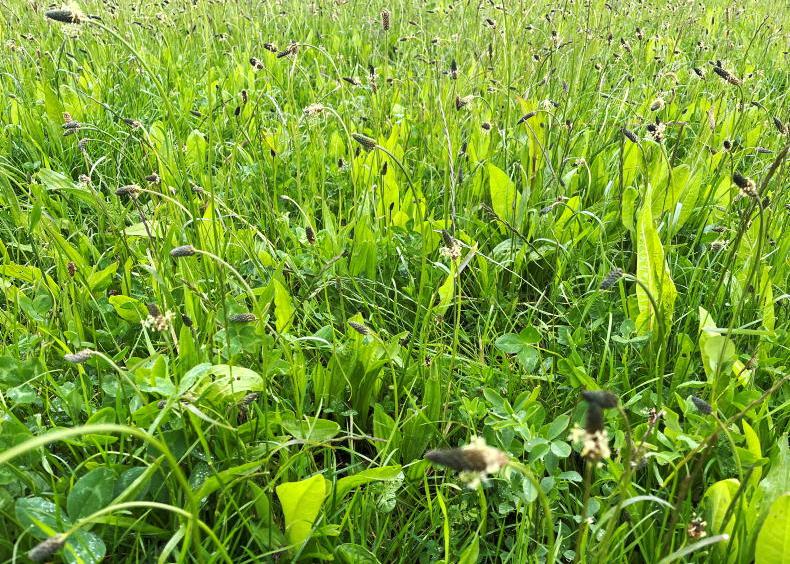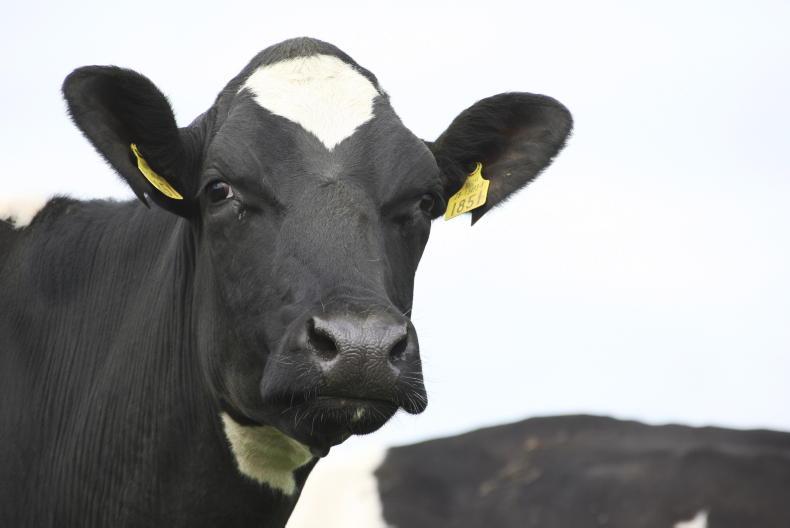The results of recent trials conducted with a feed additive have shown “promising” results for reducing emissions from forage-based cattle farming, such as the grazing and grass silage systems prevalent in Ireland.
Diets consisting of more than 90% forage were shown to have methane emissions reductions of around 22.4% in the trials which were conducted in Canada, at Agriculture and Agri-Food Canada's Lethbridge research and development center.
Dry matter intakes and other dietary indicators, such as saliva production, were unaffected by including the additive in diets.
The methane-reducing feed additive 3-nitrooxypropanol (3 NOP) was used to achieve the methane reduction.
License
Previous research which showed a decrease in methane emissions when 3 NOP is included in rations had been based on feed trials where the cattle diets were predominantly cereal-based.
It is currently only manufactured by one company - DSM Nutritional Products - and was licensed for use on dairy cows in the EU last year.
Data published in the EU medium-term Agriculture Outlook have put estimated costs for the additive from €62 to €110 per head per year, depending on the dosage included in each day’s ration.
Lower-sized, cheaper doses were said in the document to deliver less-effective methane reductions to the larger and more expensive dosages.
3 NOP has yet to be licensed for use in beef cattle in the EU.
Research is also under way into a methane-reducing cattle bolus in New Zealand, where Ruminant BioTech is seeking to develop the bolus to cut methane emissions by “at least” 70%.
The researchers say that the bolus could be a practical solution to reduce emissions from grass-based farming systems where it is not practical to include a feed additive in diets daily.
Read more
Research work to do on feed additives
A look at the latest research working to reduce farming's carbon footprint
The results of recent trials conducted with a feed additive have shown “promising” results for reducing emissions from forage-based cattle farming, such as the grazing and grass silage systems prevalent in Ireland.
Diets consisting of more than 90% forage were shown to have methane emissions reductions of around 22.4% in the trials which were conducted in Canada, at Agriculture and Agri-Food Canada's Lethbridge research and development center.
Dry matter intakes and other dietary indicators, such as saliva production, were unaffected by including the additive in diets.
The methane-reducing feed additive 3-nitrooxypropanol (3 NOP) was used to achieve the methane reduction.
License
Previous research which showed a decrease in methane emissions when 3 NOP is included in rations had been based on feed trials where the cattle diets were predominantly cereal-based.
It is currently only manufactured by one company - DSM Nutritional Products - and was licensed for use on dairy cows in the EU last year.
Data published in the EU medium-term Agriculture Outlook have put estimated costs for the additive from €62 to €110 per head per year, depending on the dosage included in each day’s ration.
Lower-sized, cheaper doses were said in the document to deliver less-effective methane reductions to the larger and more expensive dosages.
3 NOP has yet to be licensed for use in beef cattle in the EU.
Research is also under way into a methane-reducing cattle bolus in New Zealand, where Ruminant BioTech is seeking to develop the bolus to cut methane emissions by “at least” 70%.
The researchers say that the bolus could be a practical solution to reduce emissions from grass-based farming systems where it is not practical to include a feed additive in diets daily.
Read more
Research work to do on feed additives
A look at the latest research working to reduce farming's carbon footprint









SHARING OPTIONS